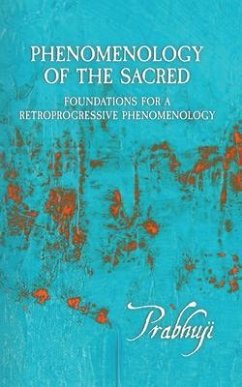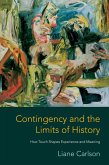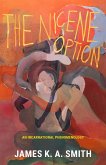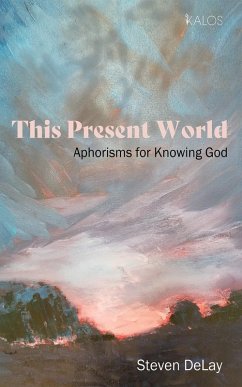In this work, Prabhuji explores phenomenology, one of the most influential philosophical movements of the twentieth century. He traces its development from Husserl, with his analysis of the intentional constitution of phenomena, which requires bracketing-by means of the epoché and phenomenological reduction-the thesis of the natural attitude in order to describe experience as it is given. With Heidegger, phenomenology is reinterpreted as the method of fundamental ontology: an inquiry into the meaning of Being through the analytic of Dasein. Michel Henry shifts the focus to the self-affection of Life, understood as an immanent and non-intentional manifestation, invisible to the world's mundane and intentional phenomenality. Jean-Luc Marion radicalizes the principle of givenness and thematizes saturated phenomena, as part of an expansion of the method that some critics have called the "theological turn."
On this basis, Prabhuji presents his Retroprogressive Phenomenology, an expanded phenomenology that inquires into revelation and the sacred, understood as the radiance of a primordial light before which consciousness opens in a receptive and meditative disposition. This perspective transforms our relationship with the world: consciousness and light are interwoven in the manifestation of Being, making perception and cognition possible. Likewise, he proposes light as the origin, principle, and ground of experience.
On this basis, Prabhuji presents his Retroprogressive Phenomenology, an expanded phenomenology that inquires into revelation and the sacred, understood as the radiance of a primordial light before which consciousness opens in a receptive and meditative disposition. This perspective transforms our relationship with the world: consciousness and light are interwoven in the manifestation of Being, making perception and cognition possible. Likewise, he proposes light as the origin, principle, and ground of experience.
Dieser Download kann aus rechtlichen Gründen nur mit Rechnungsadresse in A, D ausgeliefert werden.









